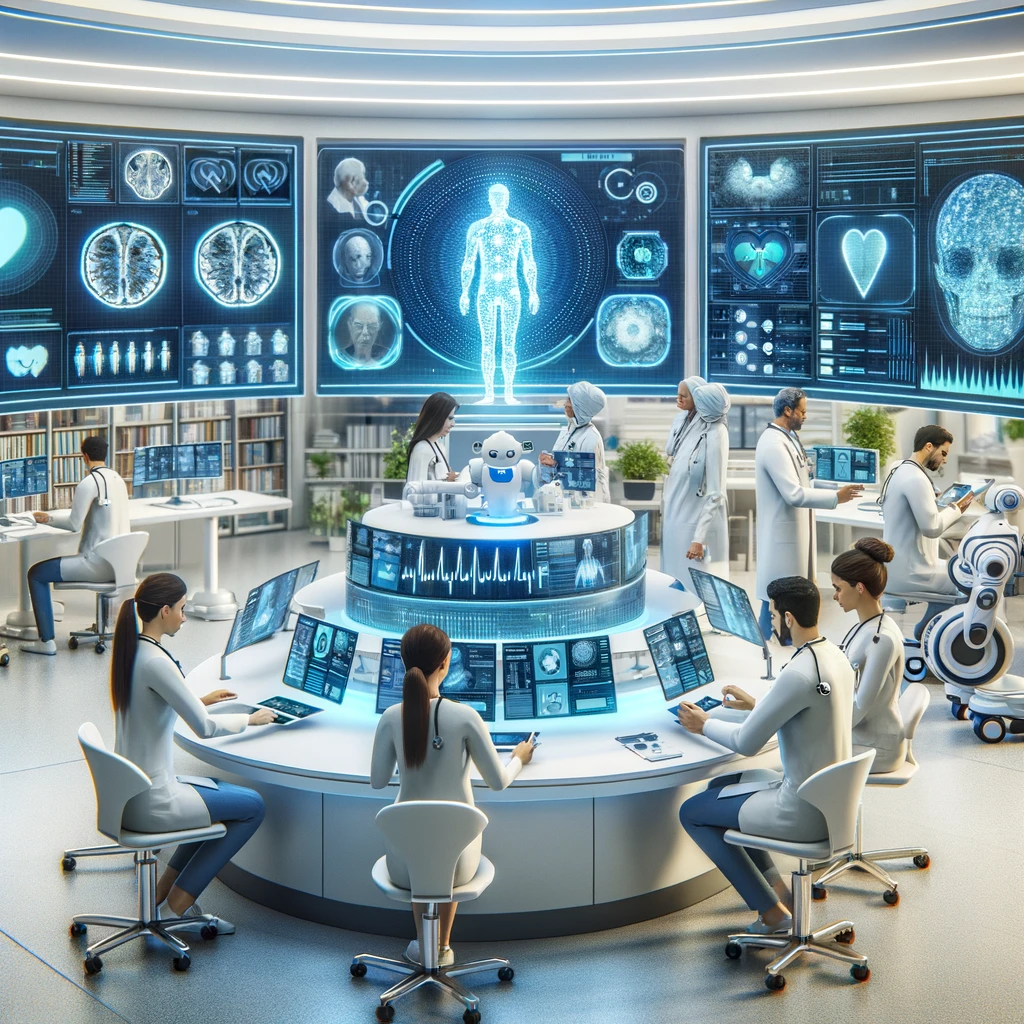The evolution of generative artificial intelligence (AI) is significantly altering professional roles across various sectors, with healthcare experiencing one of the most profound impacts. This advancement in AI is poised to transform disease treatment, medication development, and the customization of patient care, alongside changing the daily responsibilities and societal perceptions of healthcare professionals. They will increasingly depend on innate human qualities such as compassion and communication, as their reliance on AI grows.
Generative AI’s role as a diagnostic tool is already improving condition diagnosis through its ability to analyze vast amounts of medical imaging, offering precise, data-backed insights. This capability not only enhances diagnostic accuracy but also tailors communication to the specific needs of different healthcare providers, reducing information overload.
The technology is anticipated to enhance patient outcomes by integrating data from previously isolated sources, according to the World Economic Forum. It also facilitates the creation of synthetic data, which is invaluable for rare conditions and can alleviate security concerns associated with handling real patient data. Furthermore, generative AI is expected to automate routine administrative tasks for healthcare professionals, allowing them more time for patient care and professional development.
In drug discovery, generative AI accelerates the identification of new treatment candidates, evidenced by the creation of the first immunotherapy drug developed with AI assistance. However, the integration of AI into healthcare raises ethical concerns, especially regarding data privacy, algorithm transparency, and the potential amplification of biases. Continuous monitoring and updating of data and models are necessary to address these challenges.
Despite fears of AI replacing human jobs, healthcare professionals are likely to remain irreplaceable due to their unique human skills. AI offers them an opportunity to redefine their roles and specialize in areas like AI-enhanced diagnostics and ethical AI usage. With AI taking over routine tasks, professionals can focus more on complex patient care, emphasizing empathy and compassion. This shift promises to make healthcare professionals even more pivotal to society, enhancing their ability to improve patient lives.

